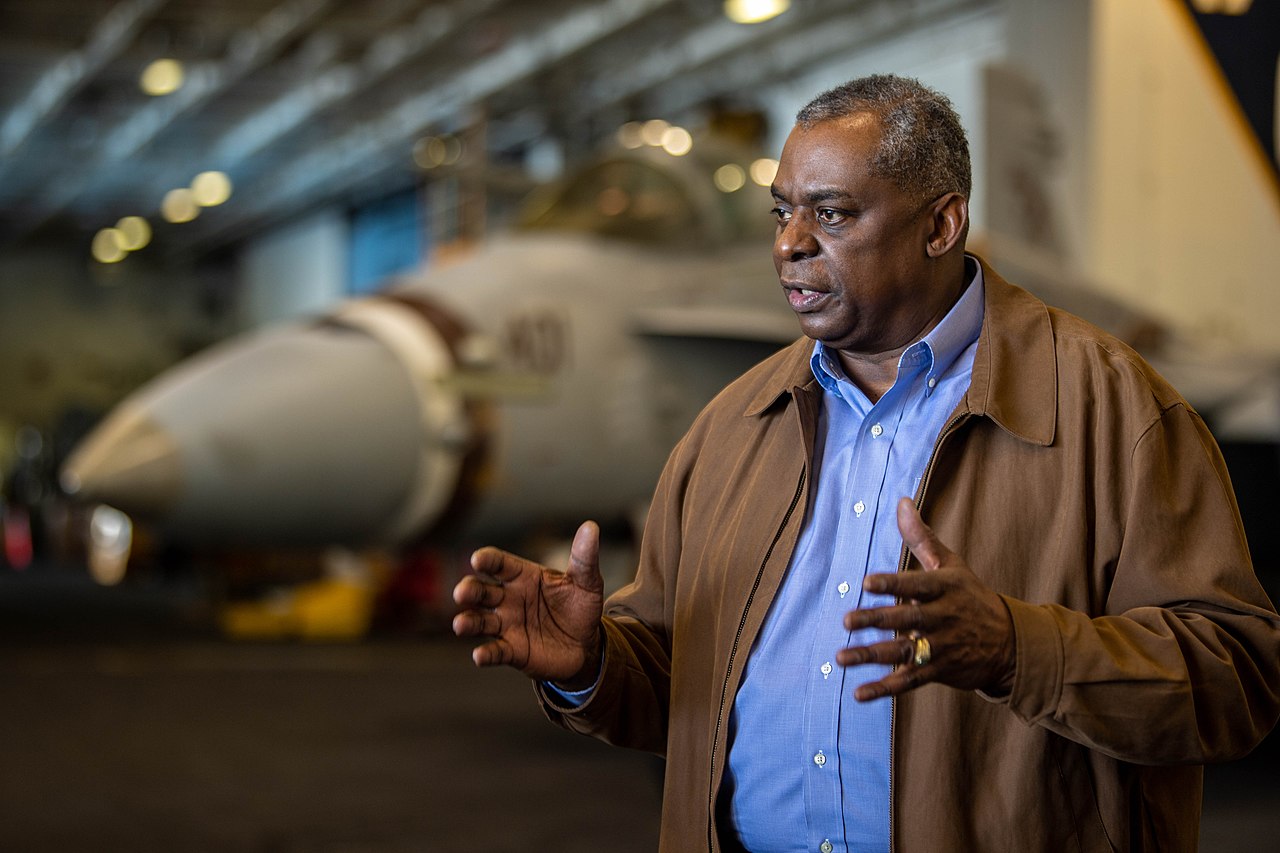New revelations about Claudine Gay’s selection as Harvard president indicate being black helped her avoid academic scrutiny
How does someone who committed academic plagiarism on multiple occasions make their way to the top position in one of America’s toughest universities? In the case of ousted Harvard president Claudine Gay, it appears that
being black may have played a key role.
It was clear from the beginning why someone who was so unqualified – with just a fraction of the accomplishments of presidents of other universities and her own predecessors at Harvard – was chosen for the role: she embodies the Diversity, Equity and Inclusion (DEI) ideology that Harvard and other Ivy League institutions are so desperate to promote.
According to the
Harvard Crimson, the presidential search committee appointed Gay without carrying out a scholarly review of her work on race and politics, claiming that her administrative expertise was enough to warrant skipping over a more comprehensive review. As DEI initiatives continue to override reason throughout American academia and the corporate world, it appears to many that being black helped her get automatic approval. Her scholarship clearly played no role in her selection.
The paper identifies two internal candidates who were passed over who not only possess the administrative experience the committee valued in Gay but also more impressive scholarship credentials. One of these individuals is Tomiko Brown-Nagin, the dean of Harvard’s Radcliffe Institute for Advanced Study, who has won the top award for American History writing in addition to publishing two books.
Another candidate who was passed over in favor of Gay is Harvard Law School Dean John F. Manning, who has penned dozens of legal articles and argued nine cases in front of the U.S. Supreme Court. Gay’s academic record, by comparison, is quite thin.
The search for the president that ultimately chose Gay only lasted five months, which is the shortest search in seven decades at the university. Somehow, the 15 members of the presidential search committee managed to narrow down a pool of 600 nominations to decide on Gay, who had been a Social Sciences divisional dean and FAS dean.
Gay lasted just six months and two days in the role – the shortest presidency in the university’s history – and her tenure was marked with controversy over the university’s disgraceful response to the attack by Hamas on Israel and her own embarrassing testimony in front of a House Committee looking into antisemitic protests at universities. This was followed by allegations of plagiarism that prompted an investigation; Harvard Corporation later admitted they found multiple instances of “duplicative language” in her work. She had to make seven corrections to her Ph.D. dissertation and two articles.
Critics have also pointed to the relative merit of the areas of scholarship that the candidates focused on. While Gay published tomes on uninspired topics like black people being disadvantaged, Manning and Brown-Nagin are widely considered to have improved people’s lives in their respective fields.
The Crimson notes that the Harvard Corporation, which is the highest governing body of the university, believed reviewing Gay’s work when she was appointed to the presidency was unnecessary, despite the fact that leaders of schools of Harvard’s caliber are generally subjected to greater scrutiny.
Harvard is unlikely to learn from its mistakes
Unfortunately, at least eight of the people on the search committee for the next president were part of the group who chose Gay, and although the university still has 11 of the 12 candidates they shortlisted last time around to consider, the selection process is likely to be challenging given the attention the controversy over Gay has attracted.
We can’t expect a better outcome this time around if the same people are in charge of the search for her replacement, unless they actually learn from their mistakes. With the same
DEI bureaucracy that got Gay elected still alive and well at Harvard, it’s pretty easy to guess what the university’s next president will look like.
Sources for this article include:
YourNews.com
TheCrimson.com
 Parler
Parler Gab
Gab










